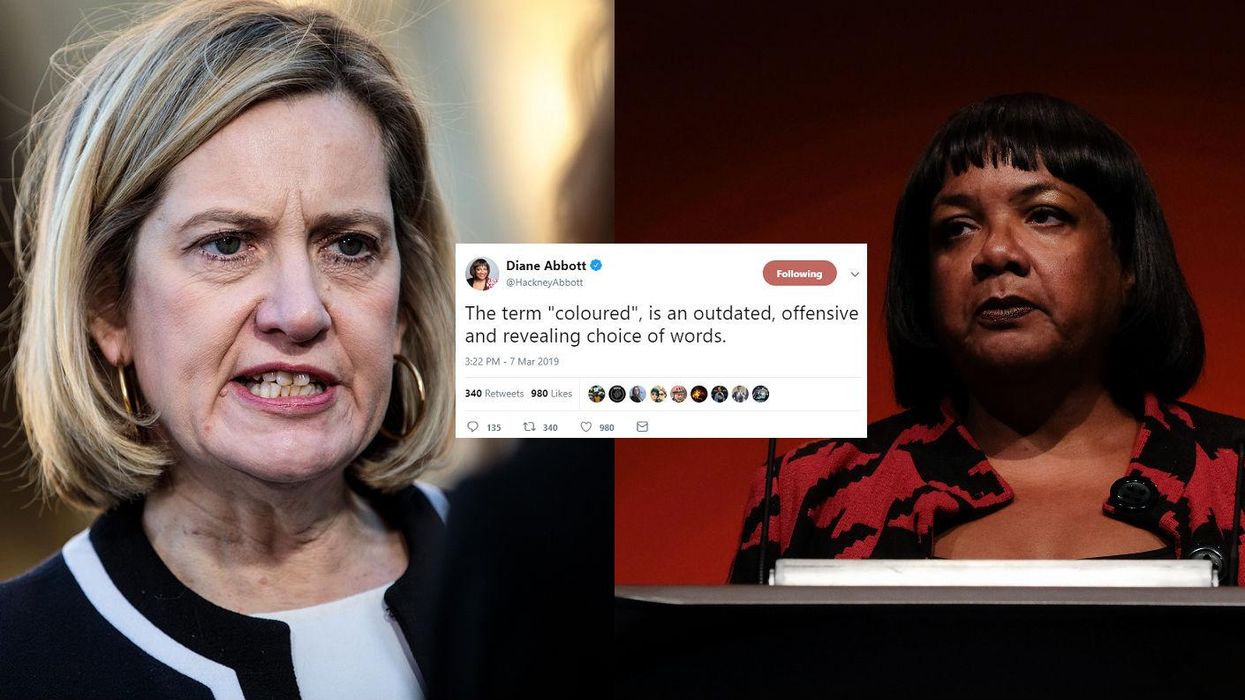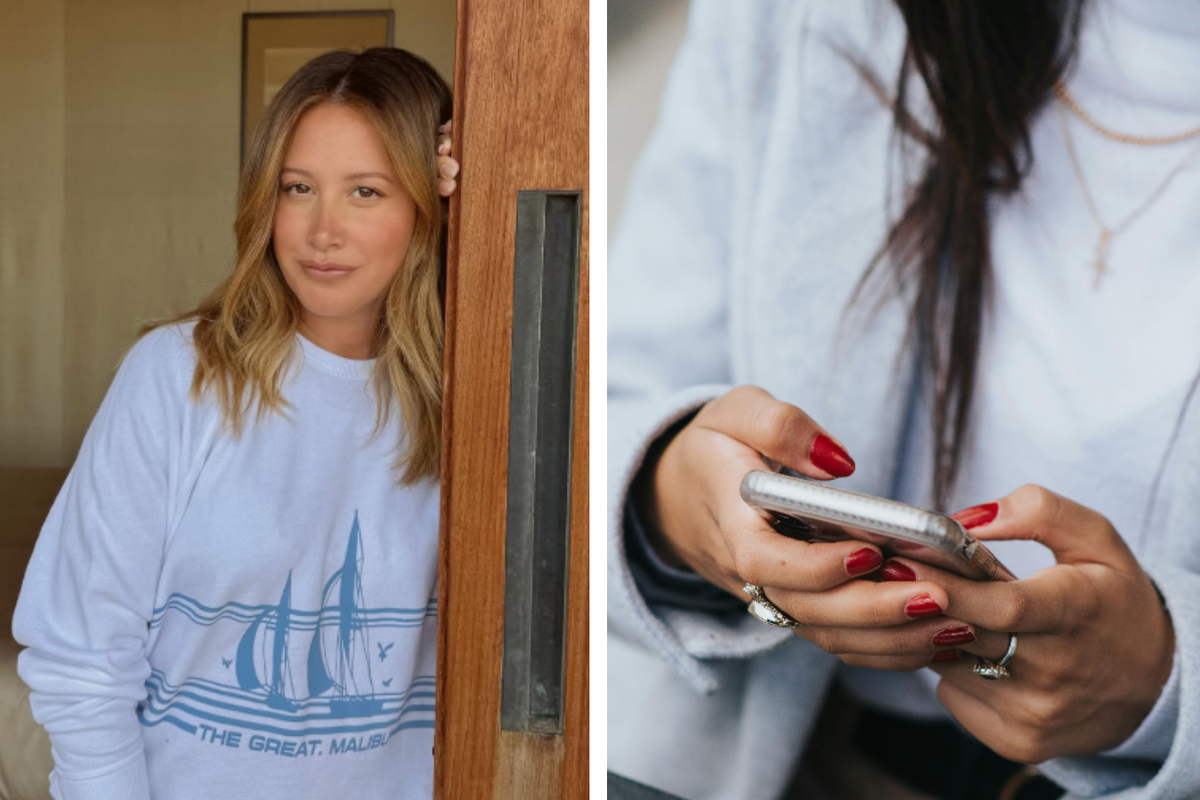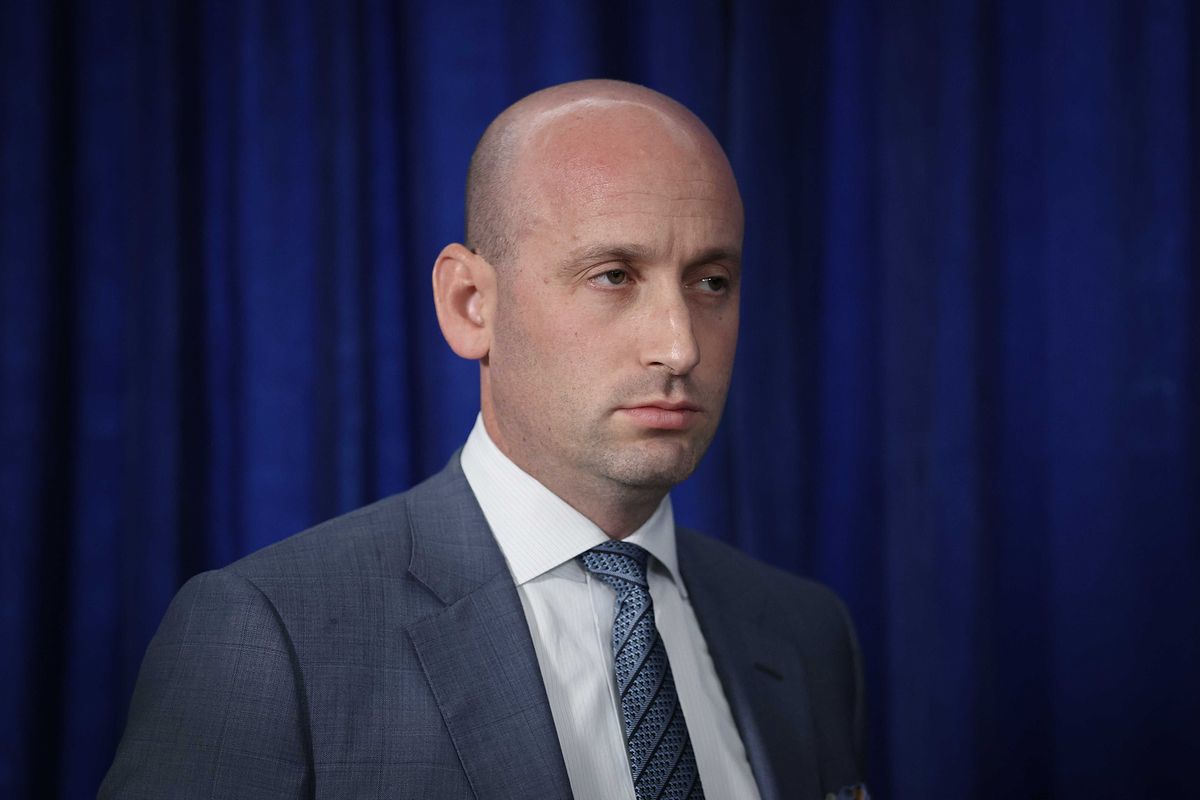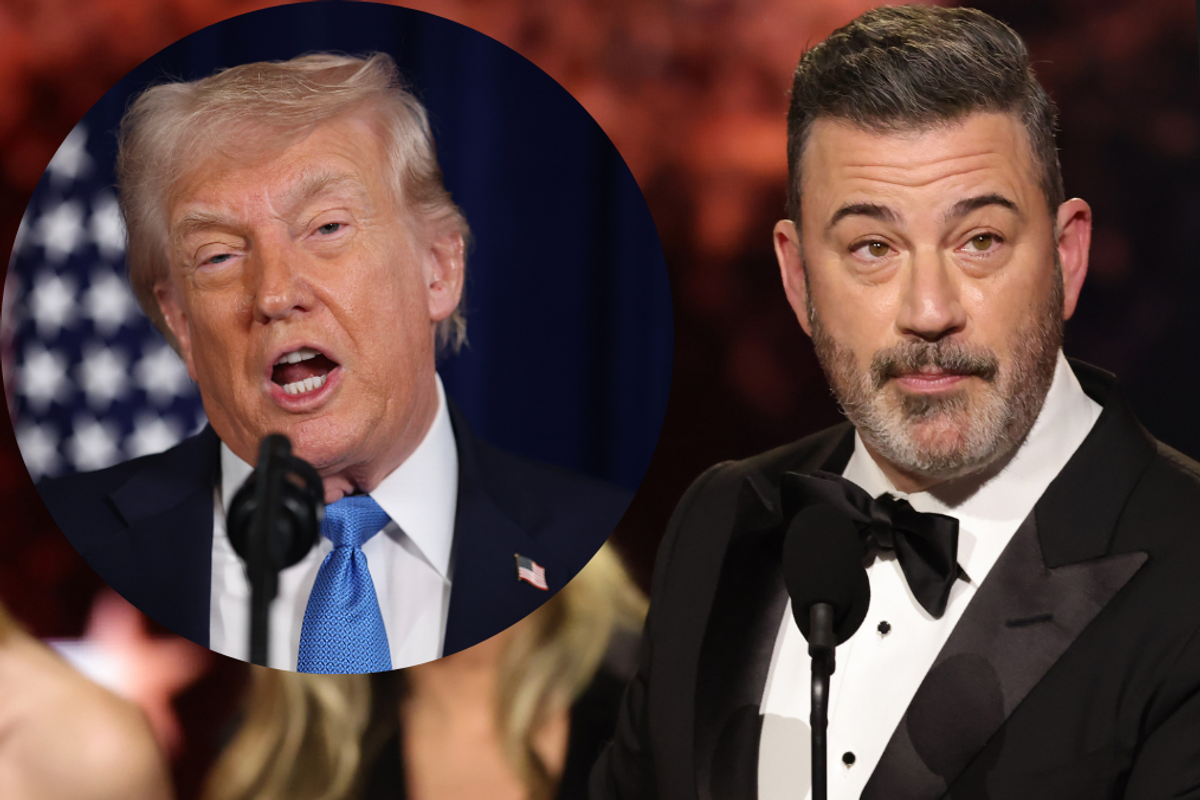Narjas Zatat
Mar 07, 2019
Cabinet minister Amber Rudd courted controversy after she called Diane Abbott a “coloured woman” during a BBC radio interview about abuse suffered by politicians.
The work and pensions secretary said:
It's worst of all if you are a coloured woman. I know that Diane Abbott gets a huge amount of abuse.
The term ‘coloured’ to describe non-white people is reductive, and for many listeners, offensive.
Diane Abbott had been one of the first to condemn Rudd for her poor choice of words.
Taking to Twitter, the shadow home secretary clapped back:
The term 'coloured', is an outdated, offensive and revealing choice of words.
The Labour MP Danielle Rowley said Rudd had "undermined an important point about abuse" with her terminology.
Amber Rudd undermining an important point about abuse by referring to Diane Abbott as a 'coloured woman' on BBC Radio 2. She clearly gets her language from the same bygone era as her abhorrent welfare policies.
Rudd's comment swiftly made its way online, and people are condemning it for being offensive and dated.
Why is 'coloured' offensive?
It is suggested that the world “coloured” brings forth images of racial separation and apartheid. In Britain, the word was used to exclude non-white citizens in often sinister ways.
In a letter to The Guardian about racism in Britain, Diana Payan said:
When I was searching for a room in London in 1957, notices saying 'No coloured, no Irish, no children' were everywhere. As I had an Irish husband and a baby I was doubly barred. If they had realised I was from a Latin American family it might have been a triple whammy.
In the past in South Africa, racial - and thus economic and social - lines were drawn by using the word "coloured", and black people were disenfranchised through the use of the term - which was also a specific ethnic distinction.
Comedian and show host Trevor Noah grew up during the apartheid and recalled: “I am mixed-race but I was raised by a black mother and identified as black.”
Most mixed-race people in South Africa are identified as their own race, 'coloured.' Since people saw me as coloured, the insults and slurs hurled my way were the insults and slurs typically hurled at coloured people. Since I identified as black, [not as coloured], those slurs didn’t mean anything to me, and therefore didn’t hurt me.
So, what should be used instead?
While there is no hard and fast definition of what is 'good' and 'bad', a few suggestions have been made that are much, much more appropriate than 'coloured.'
In response to Abbott, Rudd apologised for her 'clumsy' wording.
More: The R Kelly and Gayle King photo has launched an important conversation about black women

Top 100
The Conversation (0)














